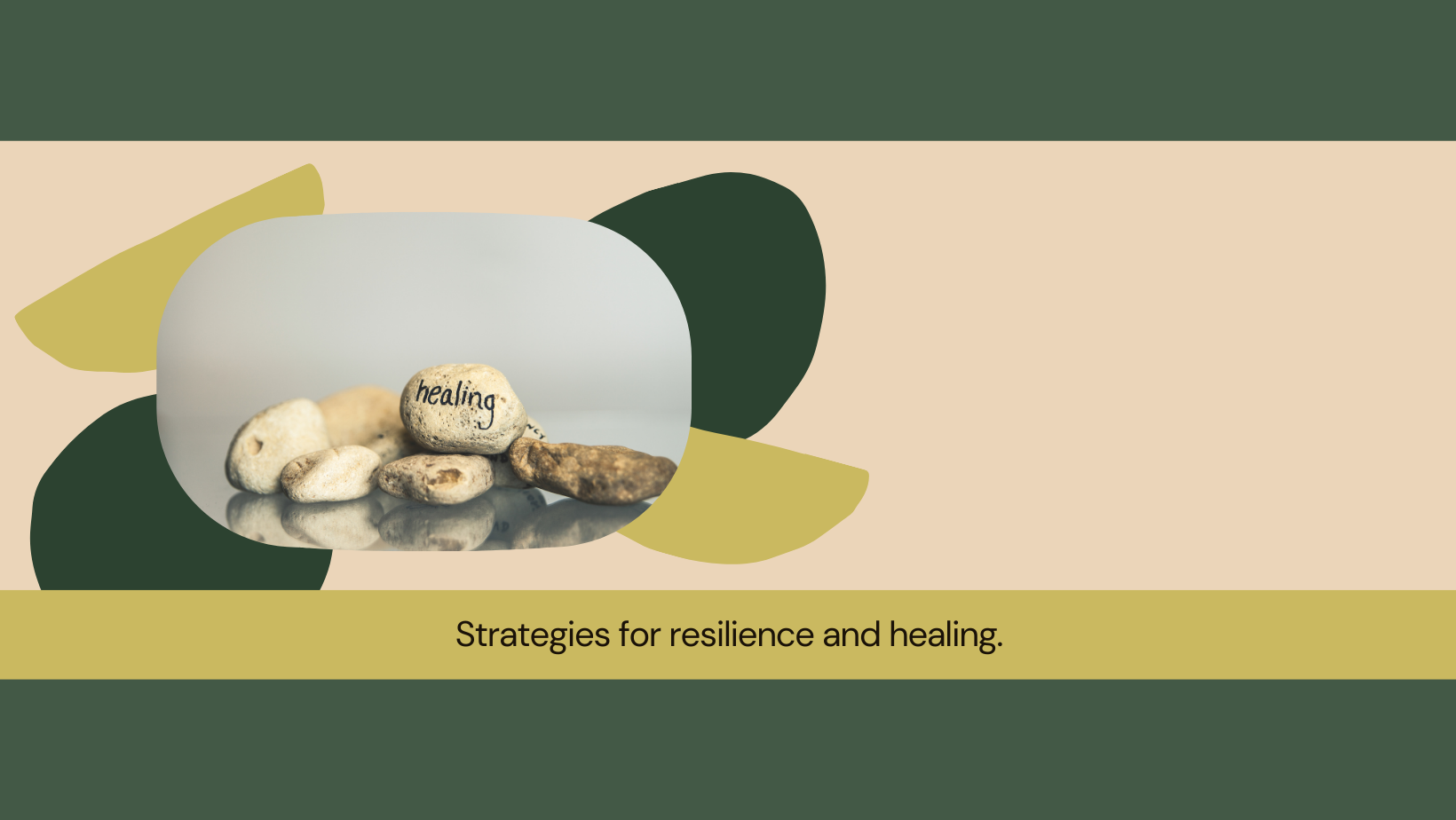Experiencing a setback during trauma healing is not only common; it's part of the journey. Healing from trauma is rarely linear and often resembles more of a winding path, with ups and downs, progress, and setbacks. If you find yourself amid a setback, it's important to remember that it doesn't mean your efforts thus far have been in vain or that you're back to square one. Here, we explore practical steps to help you navigate through this challenging phase of your healing journey.
Recognize and Validate Your Feelings
The first step after experiencing a setback is to acknowledge how you're feeling. You might be frustrated, sad, angry, or confused. These emotions are a natural response to the situation. It's crucial to give yourself permission to feel these feelings without judgment. Recognizing and validating your emotions is a step toward understanding them and eventually moving past them.
Reassess and Adjust Your Expectations
Setbacks can often lead to feelings of disappointment, especially if you had set specific expectations for your recovery timeline. It's vital to reassess these expectations and remind yourself that healing from trauma is a process that differs for everyone. There's no predetermined timetable, and it's okay to adjust your expectations as needed. Being flexible with yourself can reduce feelings of frustration and help you adopt a more compassionate perspective on your healing journey.
Lean on Your Support System
Healing from trauma is not a journey you have to embark on alone. When faced with a setback, reaching out to your support system can provide the comfort and guidance you need to get through it. Whether it's friends, family, a support group, or your therapist, sharing your feelings and experiences can help you feel less isolated and provide you with different perspectives and coping strategies. Remember, seeking help is a sign of strength, not weakness.
Practice Self-Care
A setback can be emotionally and physically draining. Practicing self-care is crucial during this time. Focus on basic self-care practices, such as getting enough sleep, eating nutritious foods, engaging in physical activity, and participating in activities that bring you joy. Self-care isn't just about pampering yourself; it's about taking care of your well-being and creating a foundation for recovery.
Revisit Your Coping Strategies
During a setback, previously effective coping strategies may seem less helpful. This is a good time to revisit and potentially revise your coping mechanisms. Perhaps there's a new strategy you could try, or maybe an old one needs to be adapted to your current situation. If you’re working with a therapist, discuss these changes with them. They can provide insights into new techniques and approaches that might be beneficial for you.
Set Small, Achievable Goals
Feeling overwhelmed is common after experiencing a setback. One way to regain a sense of control and progress is by setting small, achievable goals for your recovery. Whether it's attending therapy regularly, practicing relaxation techniques daily, or merely ensuring you spend time outdoors several times a week, small goals can help you focus on moving forward.
Reflect on Your Journey
Take a moment to reflect on your healing journey thus far. It’s easy to overlook the progress you've made when faced with a setback. However, acknowledging the steps you've taken, the challenges you've overcome, and the strength you've shown can be incredibly empowering. It’s also an opportunity to learn from the setback and understand what might have contributed to it, further informing your path forward.
Final Thoughts
Encountering a setback in trauma healing can evoke a medley of emotions and challenges. However, it’s a natural part of the healing process. By adopting a compassionate perspective towards yourself, leveraging your support system, and focusing on self-care and resilience-building strategies, you can navigate through this setback. Remember, each step you take, no matter how small, is a step towards healing and growth.
Healing from trauma is a profound and deeply personal journey. Setbacks, while disheartening, are not endpoints; they are simply part of the intricate process of moving towards healing and wholeness. Armed with understanding, support, and self-compassion, you have what it takes to continue on your path to recovery.
If you need counseling support, call 443-860-6870 or make an appointment on the calendar to schedule a free 15-minute consultation.

